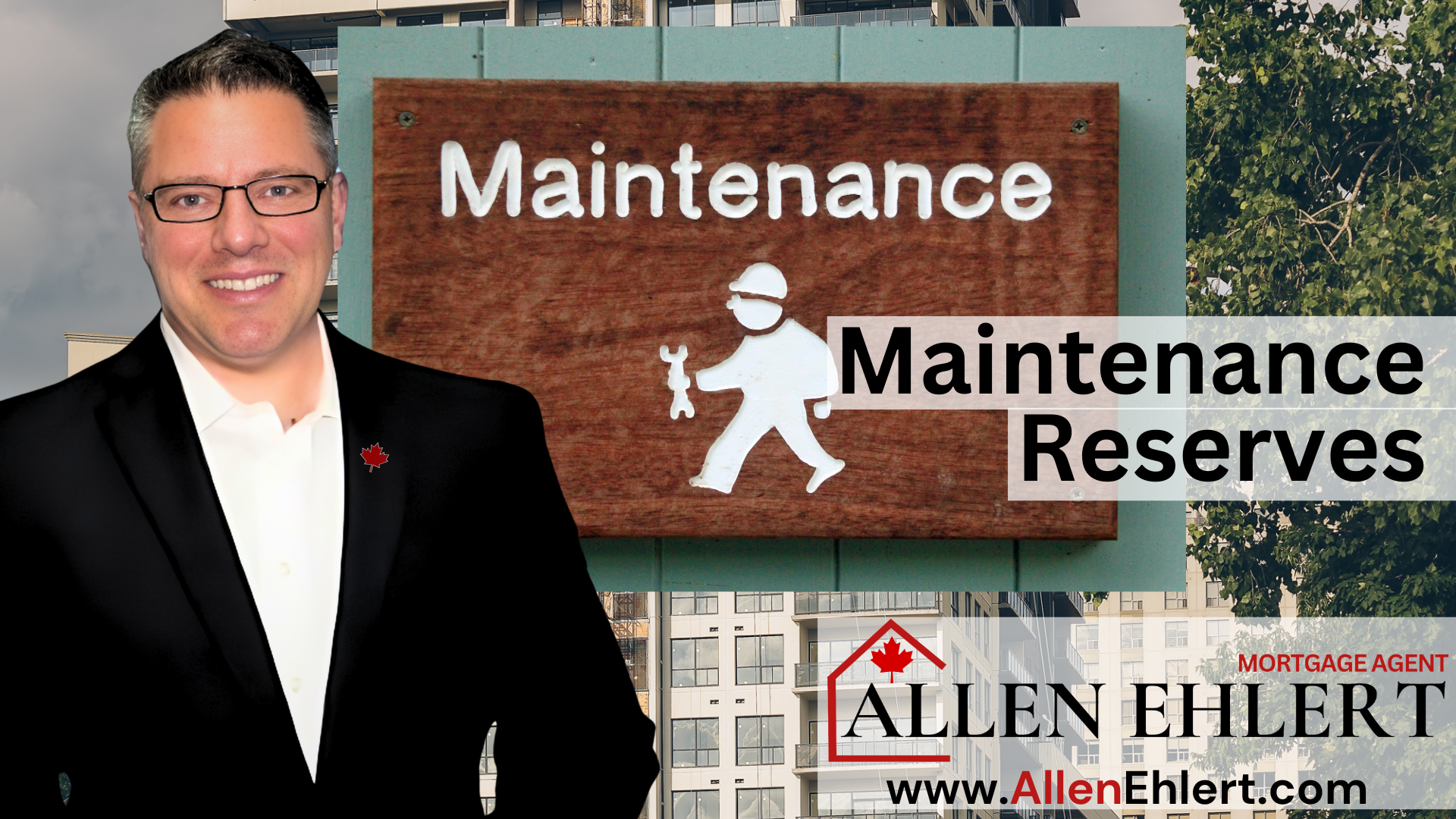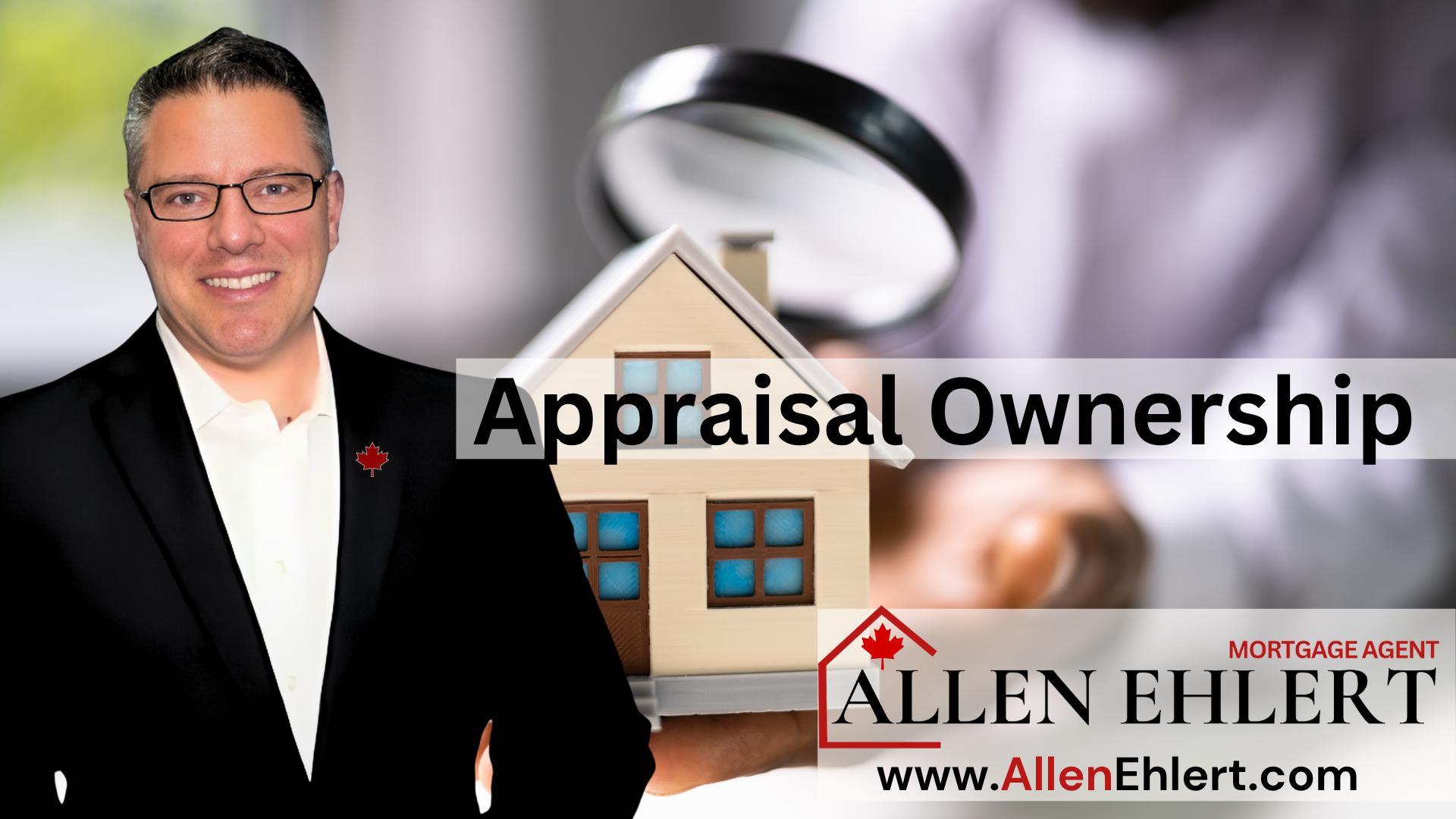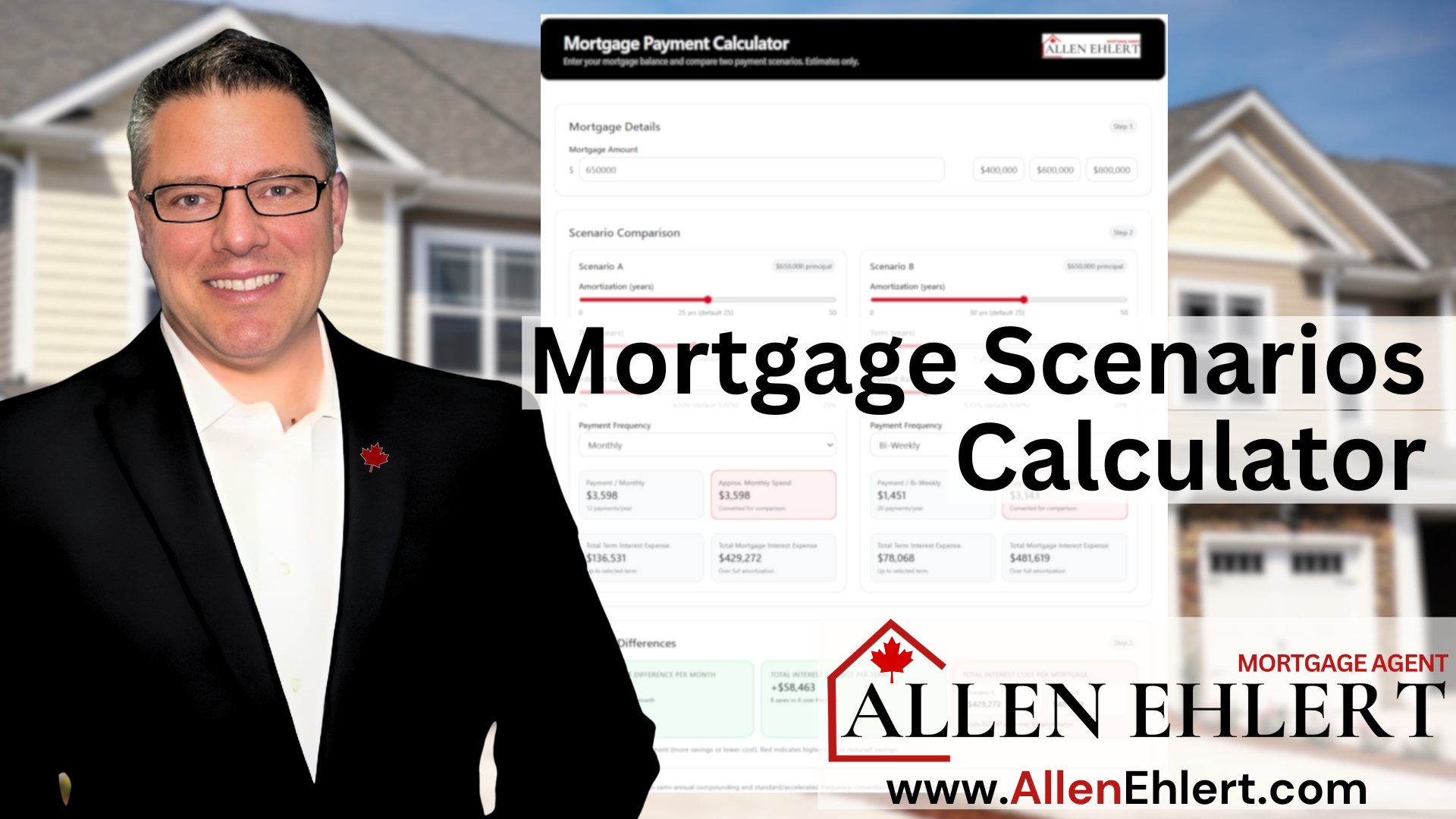… Here’s How to Hack Your Payment Schedule (Without Breaking the Bank)
If you’re like most homeowners, the thought of shaving years — and thousands of dollars in interest — off your mortgage is pretty appealing. You want that debt gone sooner so you can enjoy more freedom, more flexibility, and less financial pressure. The good news? You don’t have to win the lottery or double your income to do it. Sometimes, it’s as simple as tweaking how often you make your payments.
Your mortgage payment frequency isn’t just about convenience — it’s a strategy. And choosing the right one can make a real difference in how fast you pay down your loan and how much interest you pay over time.
In this article, I’ll walk you through the different payment frequencies available, how they work, and how they fit into your bigger mortgage plan. I’ll also share what lenders look for when setting up your mortgage, so you know exactly how to structure things from the start.
Here’s what I’ll cover:
Your Mortgage Payment Frequency Options
What Lenders Look for in Borrower Qualifications
Documentation You’ll Need to Provide
What the Mortgage Can Be Used For
Amortization Options: How Long You Can Stretch the Payments
How I Can Help: Helping You Pay Off Your Mortgage Smarter, Not Just Faster
Your Mortgage Payment Frequency Options
When you set up your mortgage, you’ll choose how often you want to make payments. Each option has pros and cons depending on your cash flow, your lifestyle, and your financial goals.
Here’s the breakdown:
Monthly Payments
- One payment per month
- 12 payments per year
- Easiest to budget for if you’re paid monthly
- Slowest repayment option
Semi-Monthly Payments (1st and 15th or 15th and 30th)
- Two payments per month
- 24 payments per year
- Aligns well with salaried employees who get paid twice monthly
- Still considered standard pace
Bi-Weekly Payments (Every Two Weeks)
- 26 payments per year
- Slightly more frequent than semi-monthly, but not significantly faster unless accelerated
- Good fit for people paid bi-weekly
Accelerated Bi-Weekly Payments (The Secret Weapon)
- 26 payments per year
- Each payment is half your monthly payment
- Because of the calendar, you make the equivalent of 13 monthly payments a year instead of 12
- This accelerates your mortgage payoff significantly and saves thousands in interest
Accelerated Weekly Payments
- 52 payments per year
- Same concept as accelerated bi-weekly but spread over weekly installments
- Great for those who want to align with weekly cash flow and aggressively pay down debt
What Lenders Look for in Borrower Qualifications
Regardless of how often you want to make payments, lenders are still looking at the fundamentals:
- Stable employment and income
- Solid credit history
- Reasonable debt levels
- A down payment that meets guidelines (5% minimum for insured mortgages)
- Property that meets their criteria (marketable, good condition, desirable location)
The frequency you choose doesn’t change whether you qualify — it just changes how you structure your repayment.
Documentation You’ll Need to Provide
Lenders want to verify that you can comfortably make those payments, no matter the frequency. You’ll typically need:
- Employment verification (letter, pay stubs, T4s, NOAs)
- Proof of down payment (bank statements, RRSP withdrawal records, gift letters if applicable)
- Government-issued ID
- Credit report (let me handle this)
If you’re self-employed, lenders will also ask for your last two years of tax returns and Notices of Assessment.
What the Mortgage Can Be Used For
The payment frequency doesn’t change what your mortgage can be used for. These strategies apply whether you’re:
- Buying your first home
- Upsizing or downsizing
- Refinancing to access equity
- Renewing and restructuring to a better lender
Property Types That Qualify
Payment frequency options apply across the board, whether you’re buying:
- Detached homes
- Townhouses
- Condominiums
- Multi-units (up to 4 units for standard residential financing)
- New builds or resale
Amortization Options: How Long You Can Stretch the Payments
The standard amortization periods remain:
- 25 years for insured mortgages (less than 20% down)
- 30 years for uninsured mortgages (20% down or more)
- 30+ years for Alternate and some Prime lenders
Your payment frequency choice doesn’t change your amortization, but it does affect how quickly you knock down that principal within the term.
Real-World Example
Meet Jake and Emily — First-Time Buyers Looking for an Edge
Jake and Emily bought their first home in Whitby with a standard 25-year amortization and monthly payments of $2,000. I showed them how switching to accelerated bi-weekly payments would mean they pay $1,000 every two weeks.
Over a year, that’s $26,000 instead of $24,000 — effectively making an extra payment toward their principal without feeling like they’re writing a huge cheque. Over time? That could shave 3-4 years off their mortgage and save them thousands in interest.
Their realtor loved this because it gave them more room to qualify confidently without overextending.
Can You Change Your Mortgage Payment Frequency?
Yes — in most cases, you can absolutely change your mortgage payment frequency during the term of your mortgage. However, there are a few important things to understand before you make the switch.
Why You Might Want to Change Payment Frequency:
- Better cash flow alignment (matching your pay cycle)
- Accelerating your payoff (moving from monthly to accelerated bi-weekly or weekly)
- Simplifying budgeting (switching to monthly if variable income makes frequent payments tricky)
- Life changes (new job, new income timing, maternity leave, etc.)
Each lender has their own policies, but typically:
- You can change once per year or once per term without penalty.
- Some lenders allow changes at any time, provided your account is in good standing.
- Changes often require written notice or a quick call to your lender or mortgage agent.
Generally, no fees are charged for changing payment frequency — but confirm with your lender. Some lenders might require you to sign an amendment to your mortgage agreement, but it’s usually administrative, not financial.
How I Can Help: Helping You Pay Off Your Mortgage Smarter, Not Just Faster
My job isn’t just to get you the mortgage — it’s to help you structure it in a way that works for your life, your budget, and your future goals. I help by:
- Running detailed scenarios showing how different payment frequencies impact your payoff timeline
- Aligning payment options with your cash flow (monthly, bi-weekly, weekly — whatever fits)
- Strategizing on prepayment options to reduce your debt faster
- Making sure your mortgage aligns with your bigger financial picture, not just today’s rate
Allen’s Final Thoughts
Paying off your mortgage faster doesn’t have to mean making huge sacrifices. Sometimes, it’s as simple as choosing the right payment frequency and sticking to it. Those extra few payments a year add up to big savings in interest and years off your debt.
If you want to explore how to knock years off your mortgage — or help your clients build smart, strategic homeownership plans — let’s talk. I’ll show you how to structure your mortgage so it works for you today and sets you up for success tomorrow.
A mortgage isn’t just about rates. It’s about strategy. Let’s build yours the right way.
Reach out anytime — I’m here to help.












